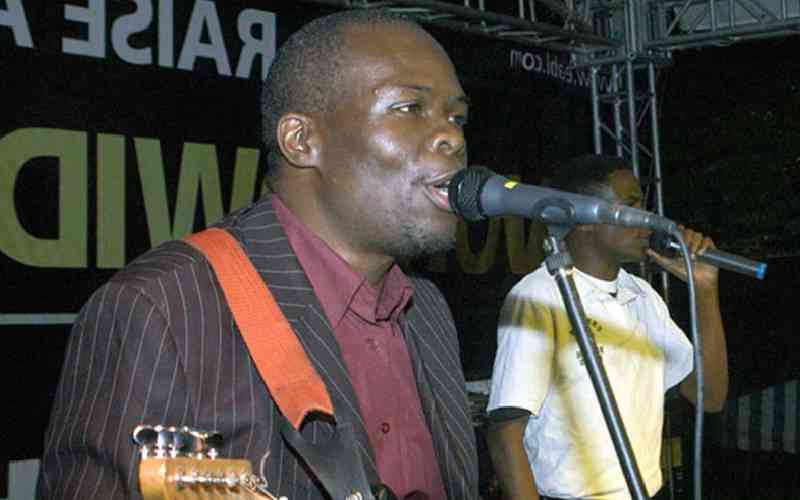×
The Standard e-Paper
Stay Informed, Even Offline

It's slightly past midnight in Kenya. Thousands of miles away in the British town of Edinburgh, Ms Lydia Owuor is hosting a nightlong tribute show for late rhumba musician Musa Juma.
At this wee hour, Ms Owuor is in her element as close to 3,000 Kenyans spread across the globe log in to follow her 'reincarnation' of the musician's compositions.